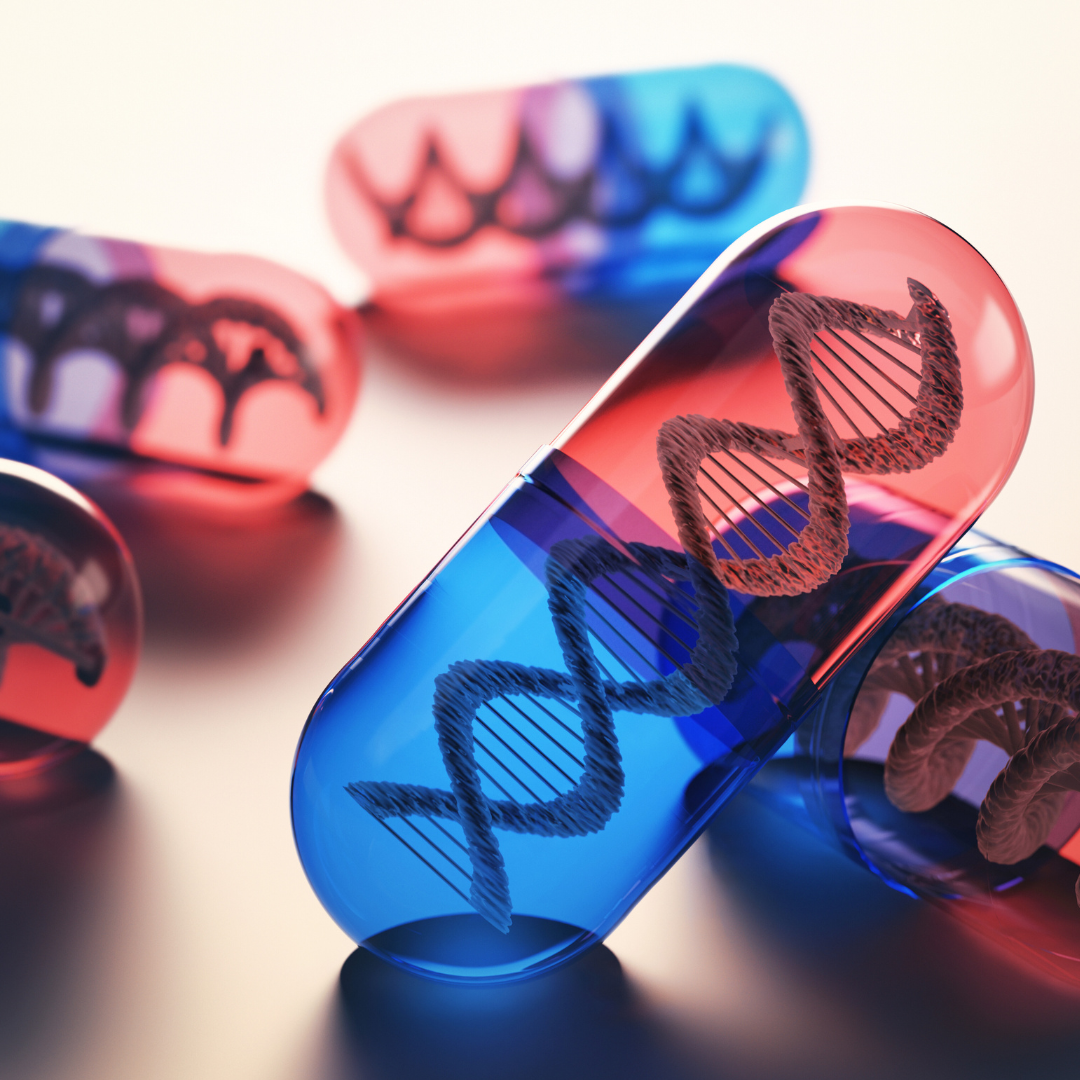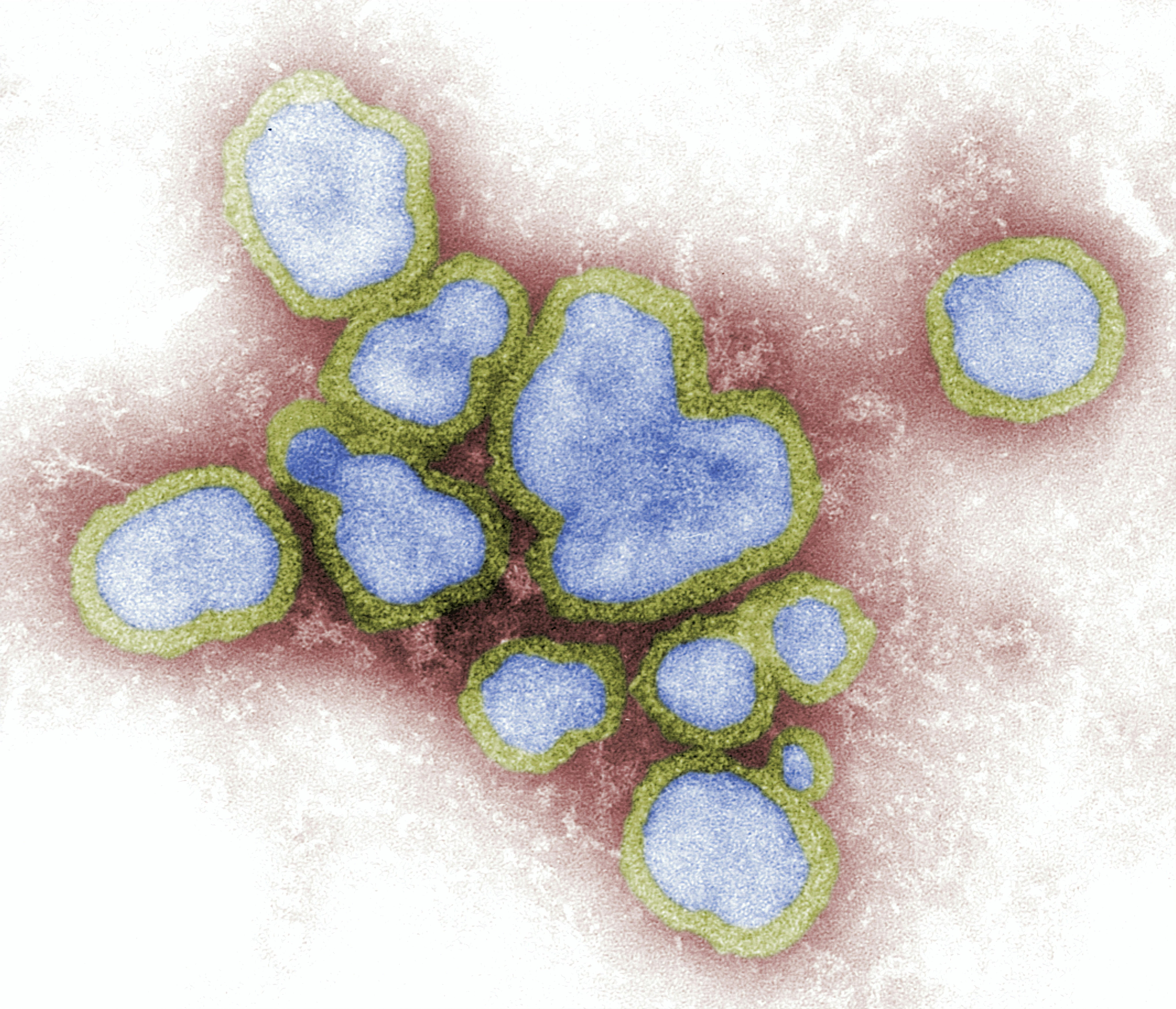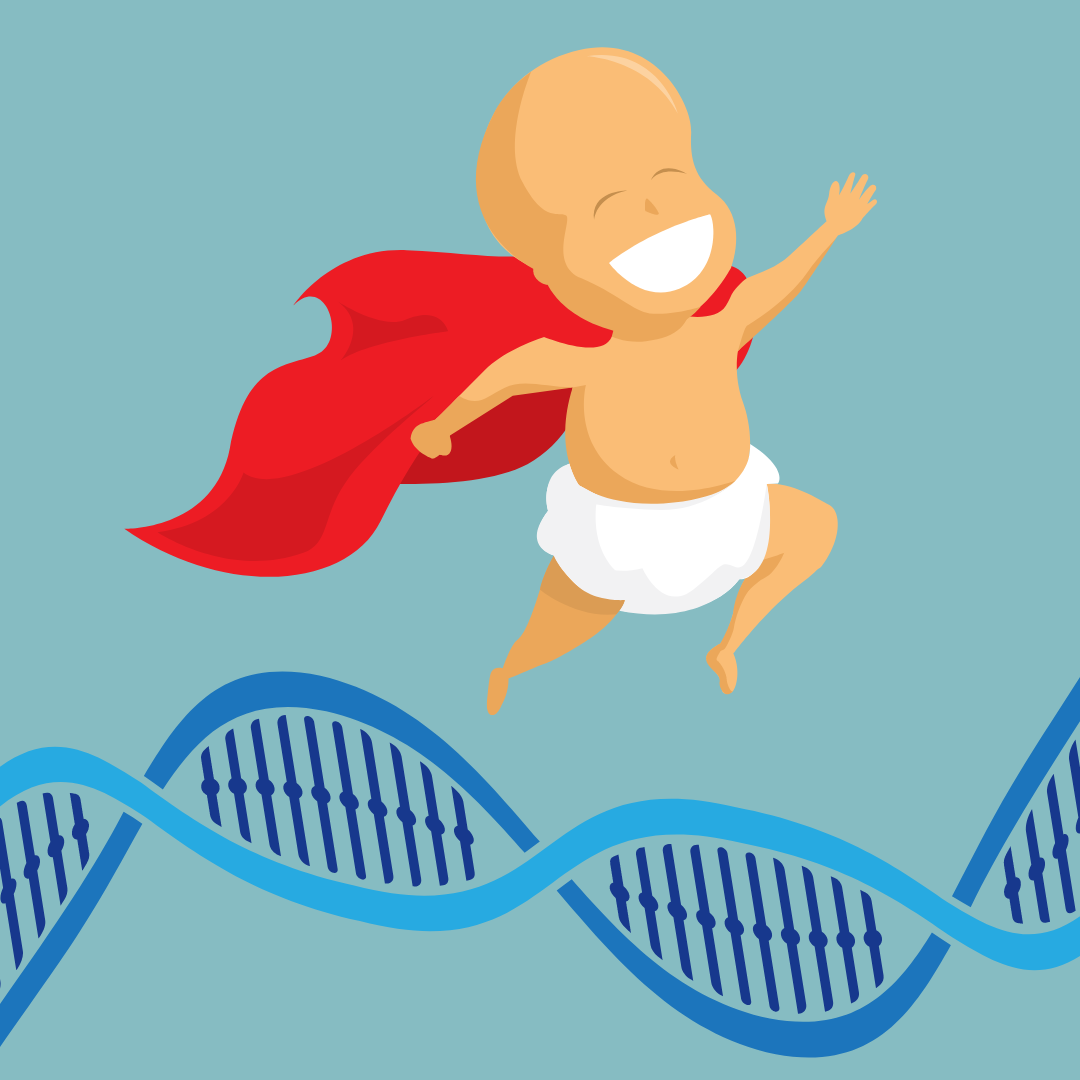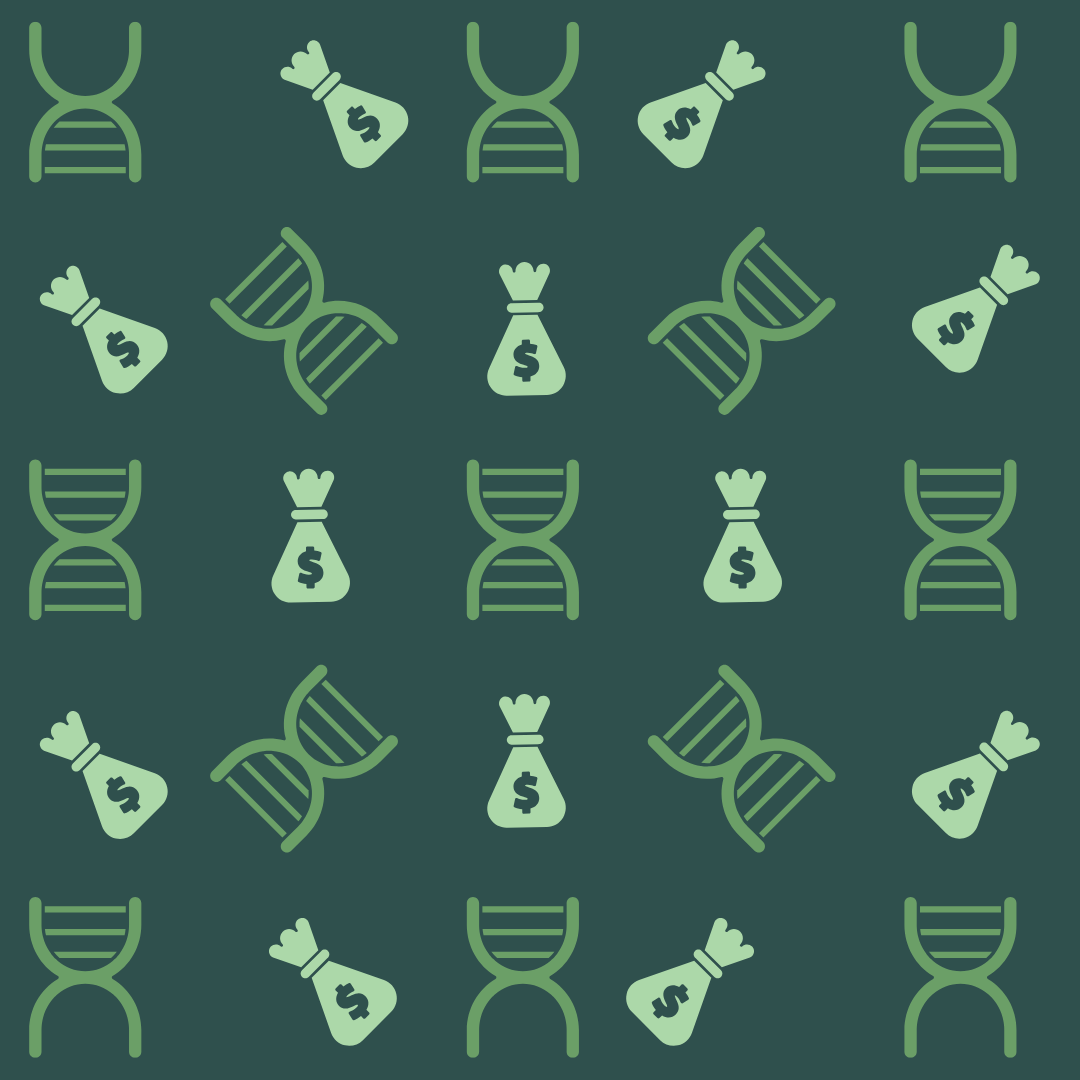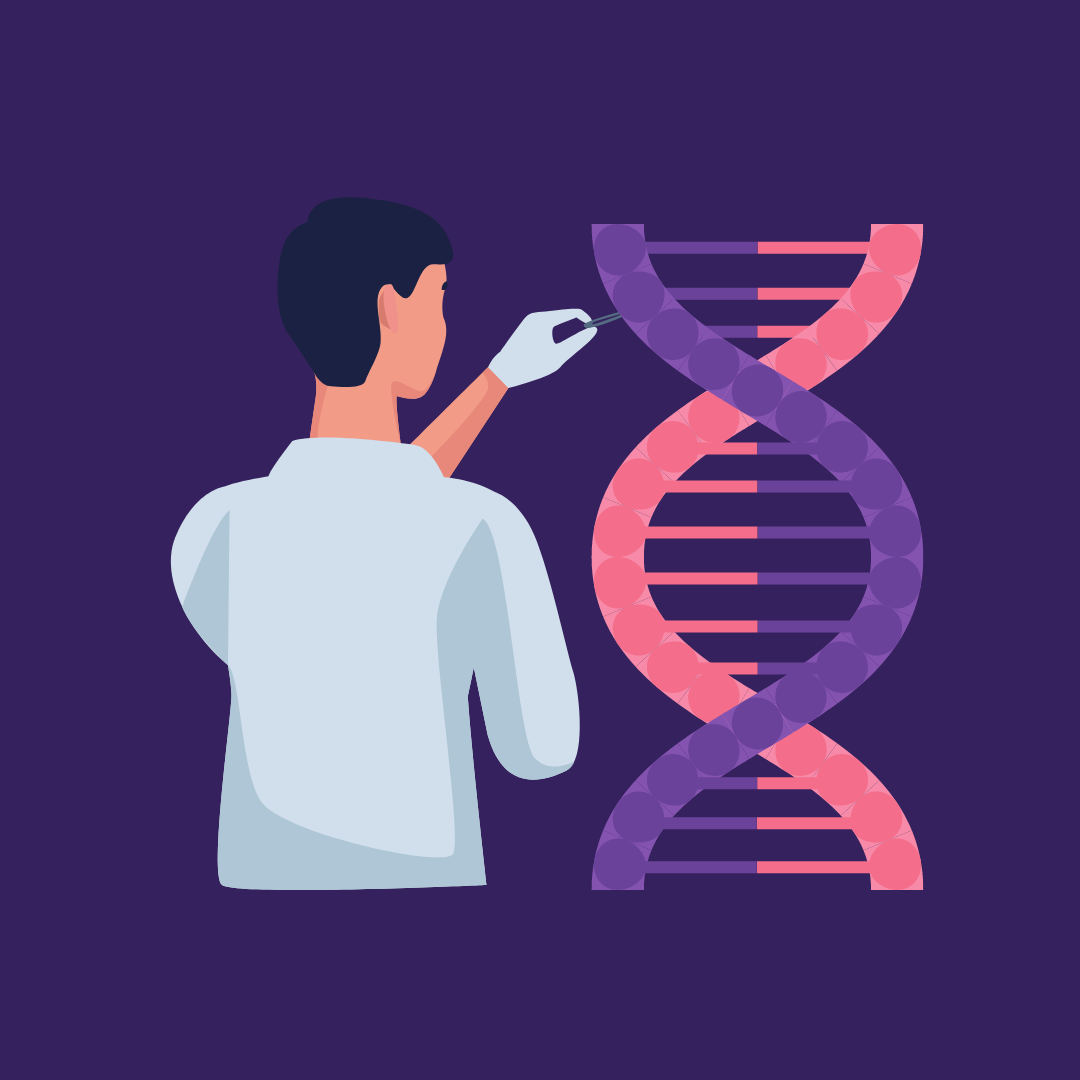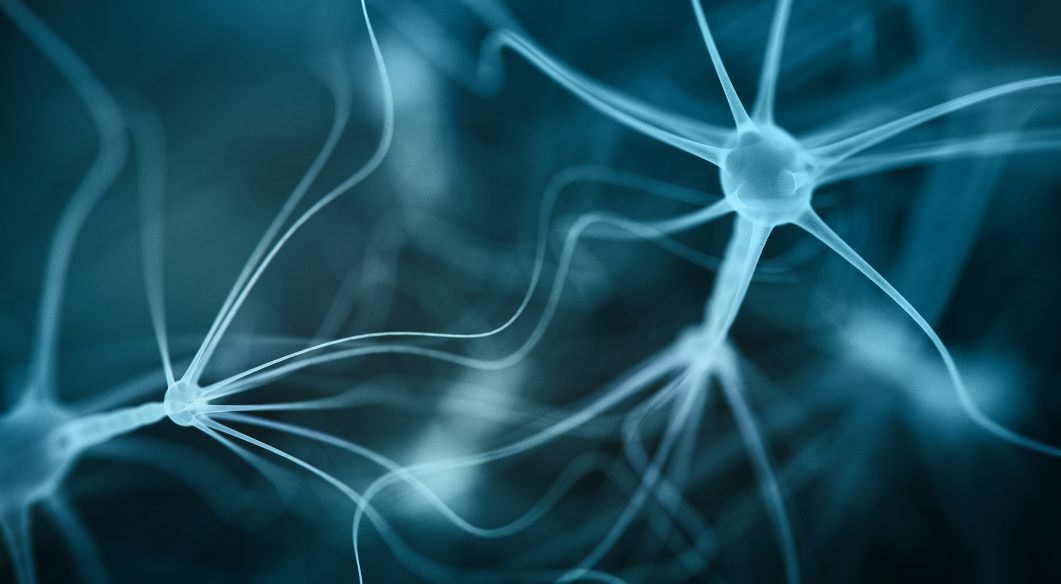Patents & Other IP
Patents, along with laws and court decisions regarding intellectual property, can constrain or catalyze the development, marketing, and use of human biotechnologies. Two developments in 1980 dramatically influenced the development of biotechnology in the U.S.: Congress passed the Bayh-Dole Act, which transformed how inventions developed from federally-funded research are managed; and the Supreme Court ruled in Diamond v. Chakrabarty that living things, including genes, could be patented. However, the Supreme Court decision Association for Molecular Pathology v. Myriad Genetics in 2013 ruled that merely isolating human genes does not make them patentable.
Controversies and court cases about intellectual property have included lawsuits contesting ownership of biological tissues and genetic information; challenges by Indigenous communities trying to protect traditional knowledge; and disputes about patents on CRISPR gene-editing technology.
Aggregated News
Next month, researchers, policymakers, ethicists and social scientists will meet in Hong Kong for the second International Summit on Human...
Aggregated News
In the course of just under two months that started 40 years ago this week, five events occurred that shaped...




